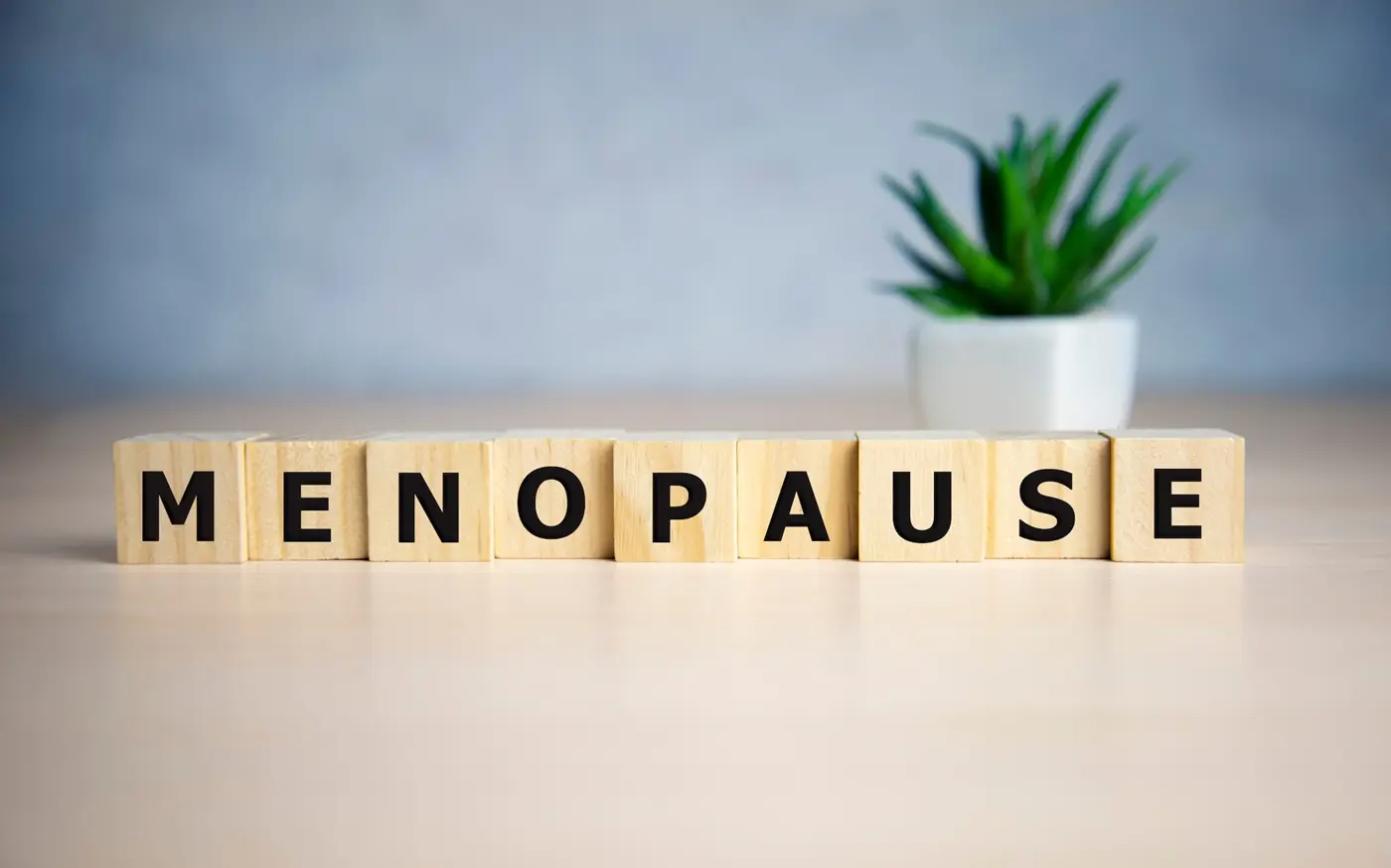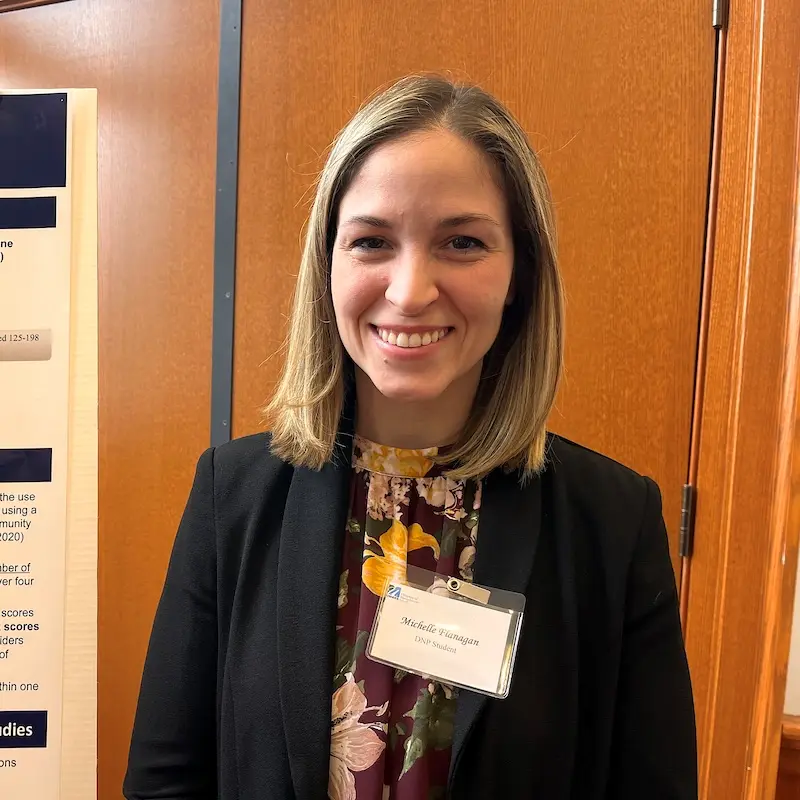
Experts answer questions about evidence-based treatments for menopause.
For decades, menopause was treated as a taboo topic, spoken about in private and viewed as a sign of decline rather than a natural stage of life.
Today, women, including celebrities and other influencers, are helping to break the stigma surrounding menopause by sharing their personal experiences. While this visibility may encourage more women to seek help, it can also lead to the spread of misinformation.
Professor and Chair of the Solomont School of NursingHeidi Collins Fantasia and Doctor of Nursing Practice alumna Michelle Flanagan ’25 set the record straight on evidence-based treatments for menopause in a paper published in Nursing for Women’s Health.
Hot flashes, night sweats, urinary issues and vaginal dryness are just a few of the many symptoms of menopause. Caused by a natural decline in circulating estrogen levels, menopause affects each person differently. Some experience little disruption to their lives, while others experience symptoms that impact their life, work and relationships. Fantasia, a board-certified women’s health nurse practitioner with more than 30 years of experience, says there is a range of both hormonal and non-hormonal treatments for treating menopause symptoms.
As a Menopause Society Certified Practitioner, Flanagan educates women about the most up-to-date evidence-based medicine and develops individualized plans of care tailored to each women’s needs. According to the Menopause Society, only 32 percent of physicians are trained in treating menopause, which prompted Flanagan to start a menopause clinic.

Heidi Fantasia says that hormonal and non-hormonal treatments are available to ease menopause symptoms.
What are the treatment options for menopause?
Fantasia: There is no one-size-fits-all approach. Each person is different, and as I like to say, the body didn’t read the textbook! It’s important for women to work with a provider who will listen to their concerns, engage in shared decision-making and ask about the goals of care. There are hormonal and non-hormonal medications that can reduce menopause symptoms. As with all conditions, a healthy lifestyle will always help: regular exercise; a diet with less processed foods and more fruits, vegetables and lean protein; keeping weight in a healthy range; not smoking and reducing alcohol consumption. Stress reduction is important, but that’s an abysmal failure for me, although I do still encourage people to find balance in their lives and try and balance stressful events.
Flanagan: For symptoms such as night sweats and hot flashes, examples of non-hormonal treatments could include FDA-approved medications as well as lifestyle changes, as Heidi mentions. For symptoms such as vaginal dryness and urinary issues, non-hormonal medications are available. Options with hormones include vaginal creams, tablets and rings that have both local and systemic treatment options.
Why did generations of women think that hormone therapy caused cancer?
Fantasia: For more than 30 years, the public’s perception that menopause hormone therapy may cause cancer has left many women struggling through debilitating symptoms. The source of the confusion traces back to the original interpretation of a Women’s Health Initiative (WHI) study in the 1990s that has since been reexamined. The risk of cancer related to hormone replacement during perimenopause and menopause is actually very low.

As a Menopause Society Certified Practitioner, Michelle Flanagan educates women about the most up-to-date evidence-based medicine and develops individualized plans of care tailored to each women’s needs.
Flanagan: The WHI study results received a lot of media and medical attention, and both providers and patients became hesitant to use hormone replacement. Since those original results were published, a large amount of evidence has been released indicating that the risks are very low. Unfortunately, our population is still feeling the ripple effect of the WHI trial misinterpretation, and it has been difficult to re-educate both clinicians and patients about this evidence-based information.
How do women find clinicians who are knowledgeable about menopause?
Flanagan: Menopause has become a hot topic in the media now, which can be a great opportunity for women to learn about options and seek help. Listen, watch and read valid resources and bring your concerns to your provider for treatment. There is no reason why women should suffer with hot flashes, night sweats, vaginal dryness and many other symptoms.
Fantasia: Nurses who provide care to women during the perimenopausal and menopausal years are an important source of support and evidence-based information regarding common symptoms. Be careful about getting information from online influencers and others who are not experts.
We recommend these resources:
- National Center for Complementary and Integrative Health
- National Heart, Ling and Blood Institute
- National Library of Medicine
- North American Menopause Society
